Ronnie Burt, Sue Waters and Kathleen Morris write: "Enthusiasm is typically high when student blogs are first set up. Students often can’t wait to unleash their creativity and publish for an authentic audience on their own online space.
Sometimes when the initial excitement wears off, students start facing ‘bloggers’ block’ or get in a rut of writing the same style of post over and over (eg. ‘My favourite…’).
With a little guidance and encouragement, you can ensure your students reach their full potential as a writer, while extending themselves by exploring various genres and mediums.
This post aims to provide prompts to inspire you and your students for a whole year of blogging."



 Your new post is loading...
Your new post is loading...





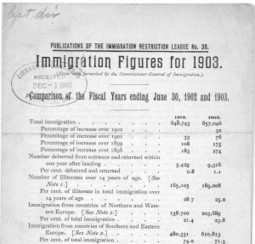





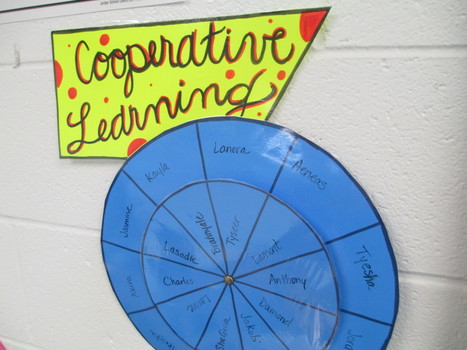


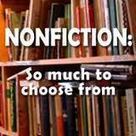



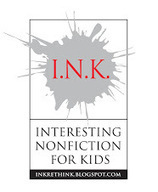
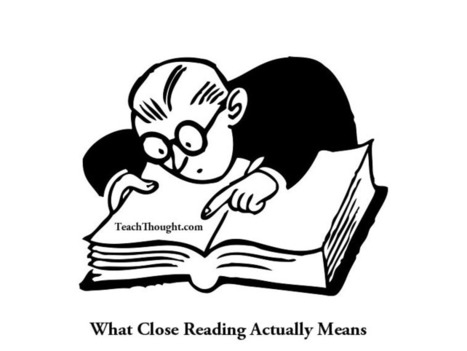
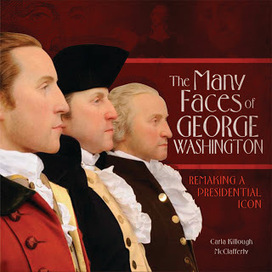
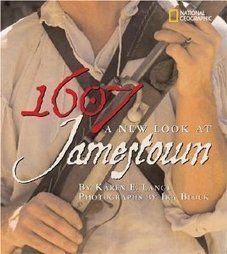







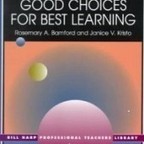





This was incredibly timely! A teacher had just asked me for ideas for blogging about a new novel her class is reading. We will be using the top 10 types of posts to have students use different formats of writing as they relate to the novel. So, a marketing campaign for the new housing development the family just moved into, or a sports article covering the soccer game, etc.
Students will be writing arguments, informational/explanatory text and narratives using these blogging techniques and will have their choice of topics as long as they can demonstrate the topic is related to the text.